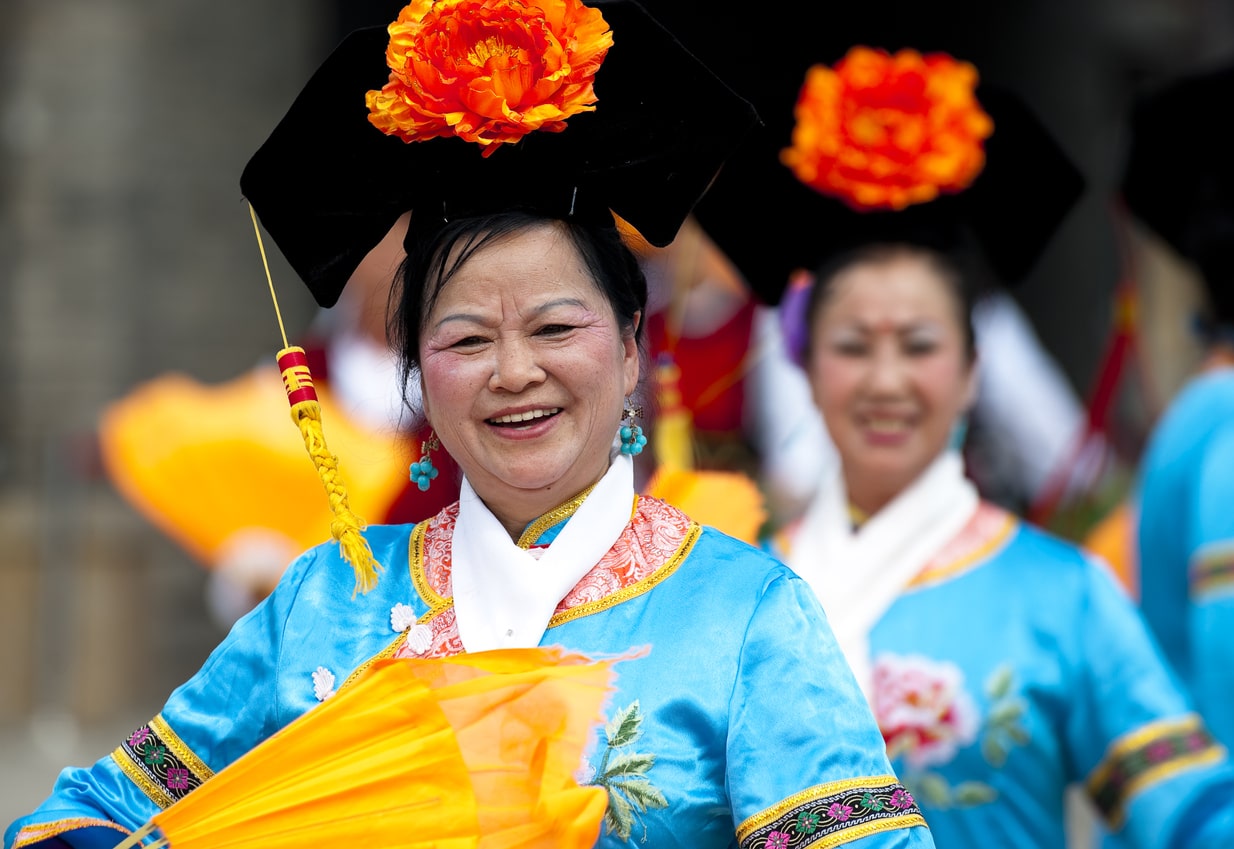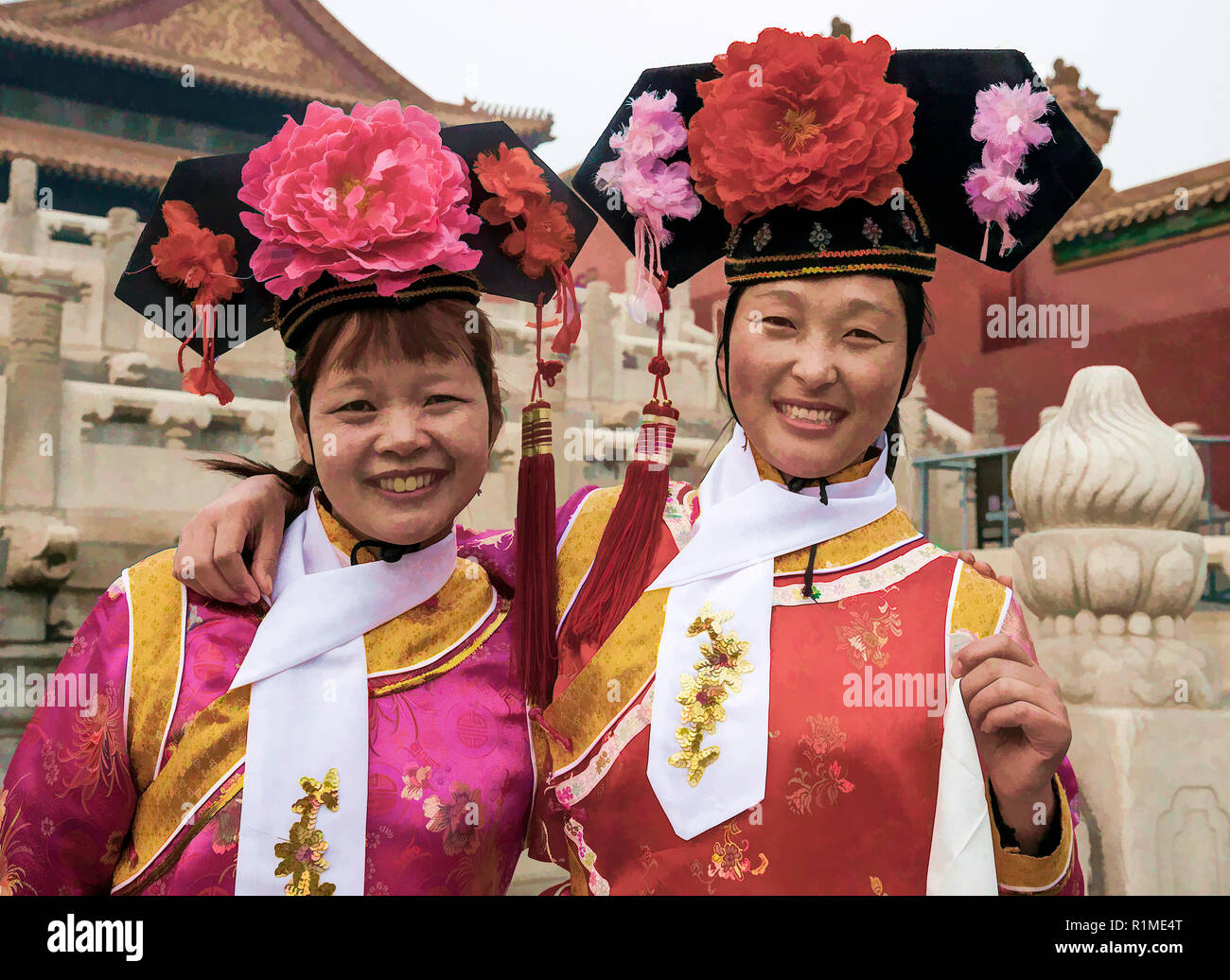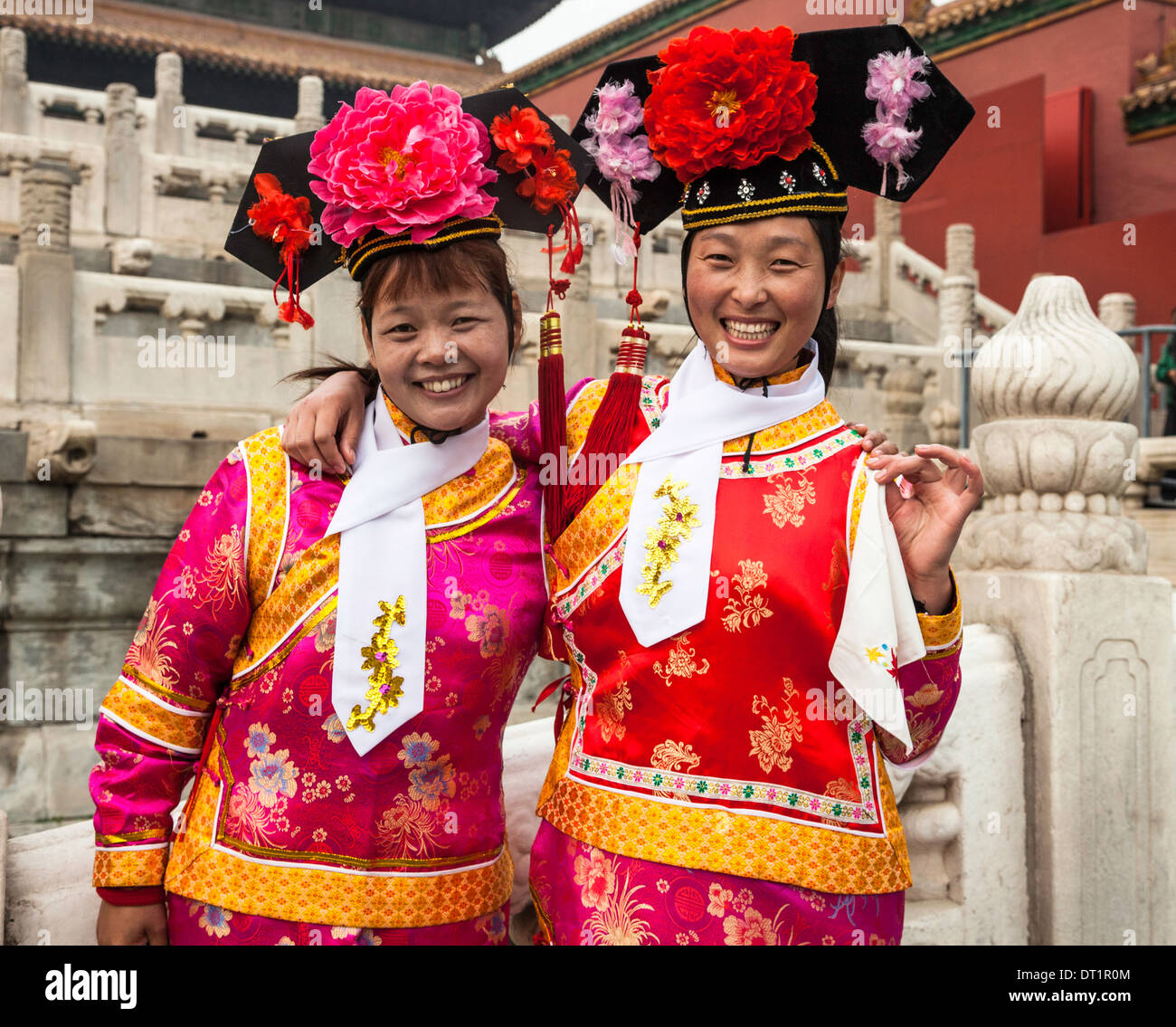Exploring "Manchu Lakshmi Age": A Look At Historical Contexts And The Manchu People
Many folks, you know, sometimes wonder about the age of a specific person named Manchu Lakshmi. This query often brings up questions about personal details, perhaps even biographical facts. It's a natural thing to be curious about individuals, especially those who might be in the public eye. When we ask about "Manchu Lakshmi age," we are typically looking for a very precise piece of information, a birthdate or a current age, which is pretty straightforward.
However, the name "Manchu" itself carries a rather deep historical weight. It points us towards a rich and complex past, quite distinct from the personal details of an individual. So, in some respects, when someone searches for "Manchu Lakshmi age," it can also open up a doorway to exploring the fascinating history of the Manchu people, the very group for whom the name was adopted.
Our journey today, then, is a little different. We will look at what information is typically available when we consider the "Manchu" part of the name, particularly from historical accounts. We will see that while specific personal ages are not usually found in such historical overviews, there is a lot to learn about the Manchu people, their customs, and their influence, which is actually quite interesting.
Table of Contents
- The Manchu People: A Historical Overview
- Origins and Early Identity
- The Qing Dynasty: Manchu Rule in China
- Manchu Culture and Traditions
- The Manchu Language: A Fading Voice
- Modern Manchu Identity
- Frequently Asked Questions About the Manchu People
The Manchu People: A Historical Overview
When we consider the Manchu people, we are talking about a group with a long and impactful history, especially within China. They have, in a way, lived for many centuries primarily in what is now known as Northeast China, or Manchuria, and also in adjacent areas. This region, you know, has been their home for a very long time, shaping much of their early development and distinct identity.
The name "Manchu" itself was, apparently, adopted as the official name for these people. This happened at a specific point in their history, marking a formal recognition of their collective identity. They are, in fact, a major ethnic group within China, even though their prominence has changed over time, as a matter of fact.
They are, essentially, a Tungistic people, which means their origins can be traced back to the Tunguska region of northeastern China. This lineage connects them to a broader family of groups, giving them a unique cultural background. Originally, they were called the Jurchens, a name that many might recognize from earlier historical records, so that's a key detail.
Origins and Early Identity
The story of the Manchu ethnic group goes back quite far, actually. Their ancestry can be traced back to the Sushen people, who lived over 2,000 years ago. These ancient groups were, in a way, the earliest ancestors of the Manchu, laying the groundwork for the people who would later become so influential. It's quite a long lineage, you know.
For many centuries, these people made their homes mainly in Manchuria and nearby parts of China. This continuous presence in the region allowed them to develop their own distinct customs and ways of life. Their early history is, in some respects, a tale of a people rooted deeply in their homeland, slowly growing in numbers and influence.
The adoption of "Manchu" as their official name was a significant moment for them. It marked a clear point in time when their collective identity was formalized, setting them apart as a recognized group. This naming, really, helped to solidify their sense of who they were as a people, which is quite important for any group.
The Qing Dynasty: Manchu Rule in China
One of the most remarkable chapters in Manchu history is their role as the founders of the Qing Dynasty. This dynasty was, quite simply, the last imperial regime in China, holding sway from 1636 to 1912. It was a truly significant period, lasting for centuries and leaving an indelible mark on Chinese history, you know.
In the 17th century, the Manchu people accomplished something truly extraordinary: they conquered China. This act of conquest led directly to their establishment of the Qing Dynasty, a period during which they ruled over a vast empire. They were, in a way, one of only two "foreign" dynasties to rule China, which makes their influence rather unique.
The rulers from the Manchu group were, apparently, hugely influential on the national culture of China. Their presence brought new customs, art forms, and ways of governing, which shaped the country in profound ways. This long period of Manchu rule, lasting for nearly three centuries, really shows their lasting impact, so that's something to consider.
Manchu Culture and Traditions
The Manchu people are, generally, known for their unique customs and their vibrant art forms. These aspects of their culture have developed over centuries, reflecting their history and their interactions with other groups. Their traditions are, in a way, a rich tapestry of distinct practices and artistic expressions.
Manchu women, for instance, have historically been seen as more assertive and powerful compared to women in some other cultures. This suggests a certain social dynamic within Manchu society that valued their strength and influence. It's a rather interesting aspect of their cultural heritage, you know.
When it comes to food, Manchu cuisine is, apparently, a blend of traditional Manchu dishes and influences from Han Chinese and other ethnic cuisines. This fusion reflects their history of interaction and cultural exchange. Traditional Manchu dishes include things like stewed meat and grilled fish, which really gives you a taste of their culinary heritage.
There are also resources like Manc.hu, which places Manchu texts and objects from around the world online and at your fingertips. The ultimate goal at Manc.hu is to provide curated tools for anyone studying Manchu culture, literature, art, and history. This effort, in a way, helps create a solid and lasting place for the Manchus within our global cultural heritage, which is quite a noble aim.
The Manchu Language: A Fading Voice
The Manchu language is, in fact, a major representative of the southern branch of the Tungusic languages. For a time, it was thought to be part of the Altaic language family, though most linguists now reject that idea, seeing it as a distinct branch. This linguistic classification, you know, helps us understand its place among world languages.
However, despite its historical importance, the Manchu language has, for practical purposes, died out in its original homeland. This is a rather sad reality for a language that once held such sway. It means that while it was once widely spoken, its active use has significantly diminished over time.
This decline is a subject of much interest for those studying language preservation. It highlights how languages can fade, even those associated with powerful historical empires. The efforts to document and preserve Manchu texts and studies, like those mentioned, become even more important when a language is no longer actively used in daily life, so that's a key point.
Modern Manchu Identity
Today, the Manchu ethnic group numbers over 10 million people. This is a considerable population, making them one of China's larger minority groups. However, despite these numbers, Manchus in China are, in a way, nearly unnoticeable against their Han counterparts. This invisibility, really, raises questions about their contemporary identity and visibility within the broader society.
The question "Why is it then that they are so invisible?" is a very thought-provoking one. It suggests a complex interplay of historical assimilation and modern social dynamics. While they were once the imperial rulers of China, their distinct cultural markers have, in some respects, become less pronounced over time.
Understanding the Manchu people in the present day involves looking at how their rich history and unique heritage continue to exist, even if subtly, within a rapidly changing world. Their story is, ultimately, one of resilience and adaptation, which is quite inspiring.
Frequently Asked Questions About the Manchu People
Who are the Manchu people?
The Manchu people are a major ethnic group in China, originally known as the Jurchens from Manchuria. They are a Tungistic people, meaning they come from northeastern China, and their earliest ancestors, the Sushen people, lived over 2,000 years ago. They are, in a way, the largest minority group in China without an autonomous region.
What was the significance of the Qing Dynasty?
The Qing Dynasty was the last imperial regime in China, founded by the Manchu people, and it ruled from 1636 to 1912. The Manchu rulers conquered China in the 17th century and had a huge influence on the national culture, being one of only two "foreign" Chinese dynasties to rule the country.
Is the Manchu language still spoken?
The Manchu language, which is the major representative of the southern branch of the Tungusic languages, has, for practical purposes, died out in its original homeland. This means that while it was historically significant, it is no longer widely spoken in daily life, which is a bit of a shame.
To learn more about historical ethnic groups on our site, and for more specific

Manchu

Manchu People Today

Manchu